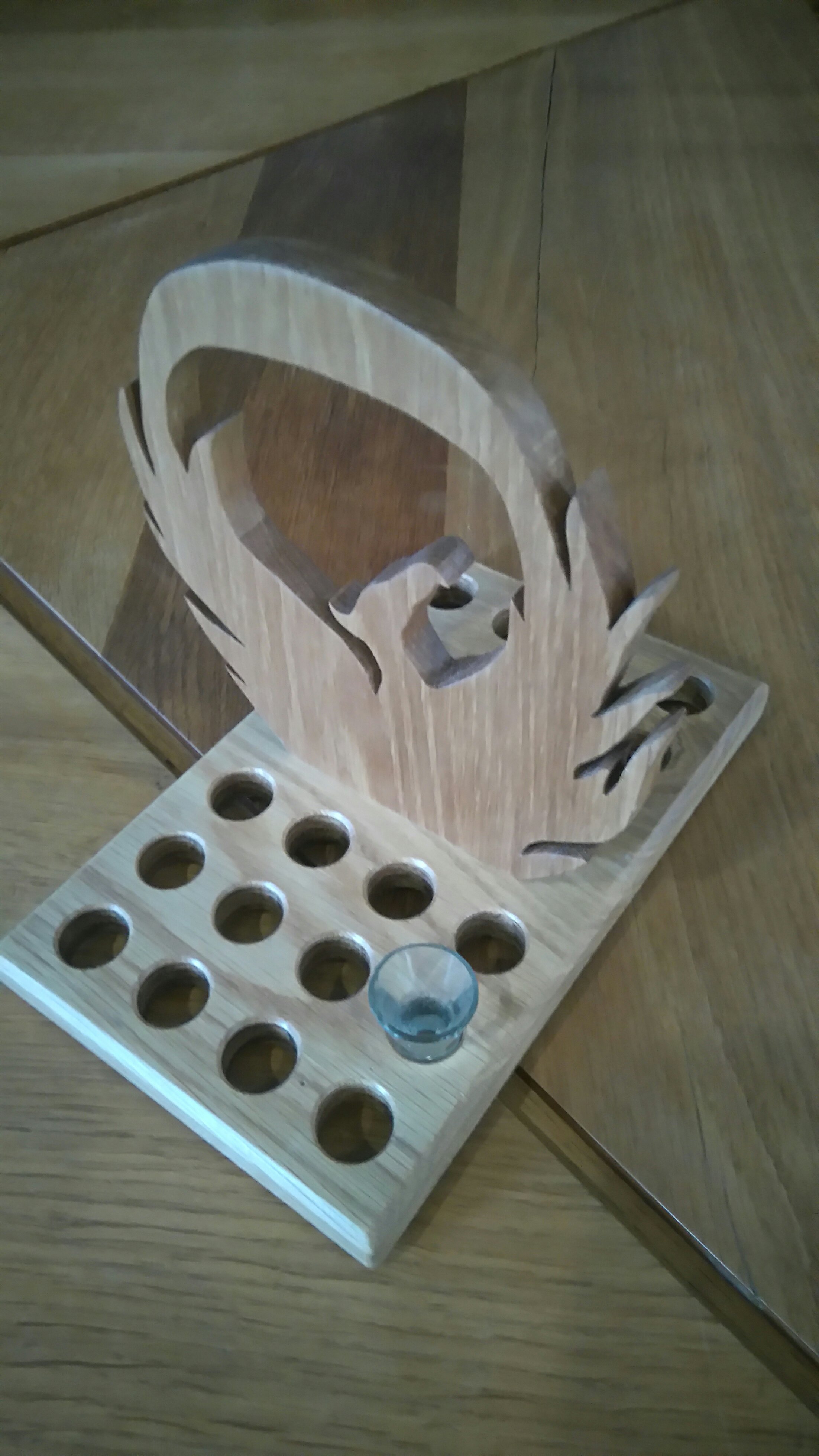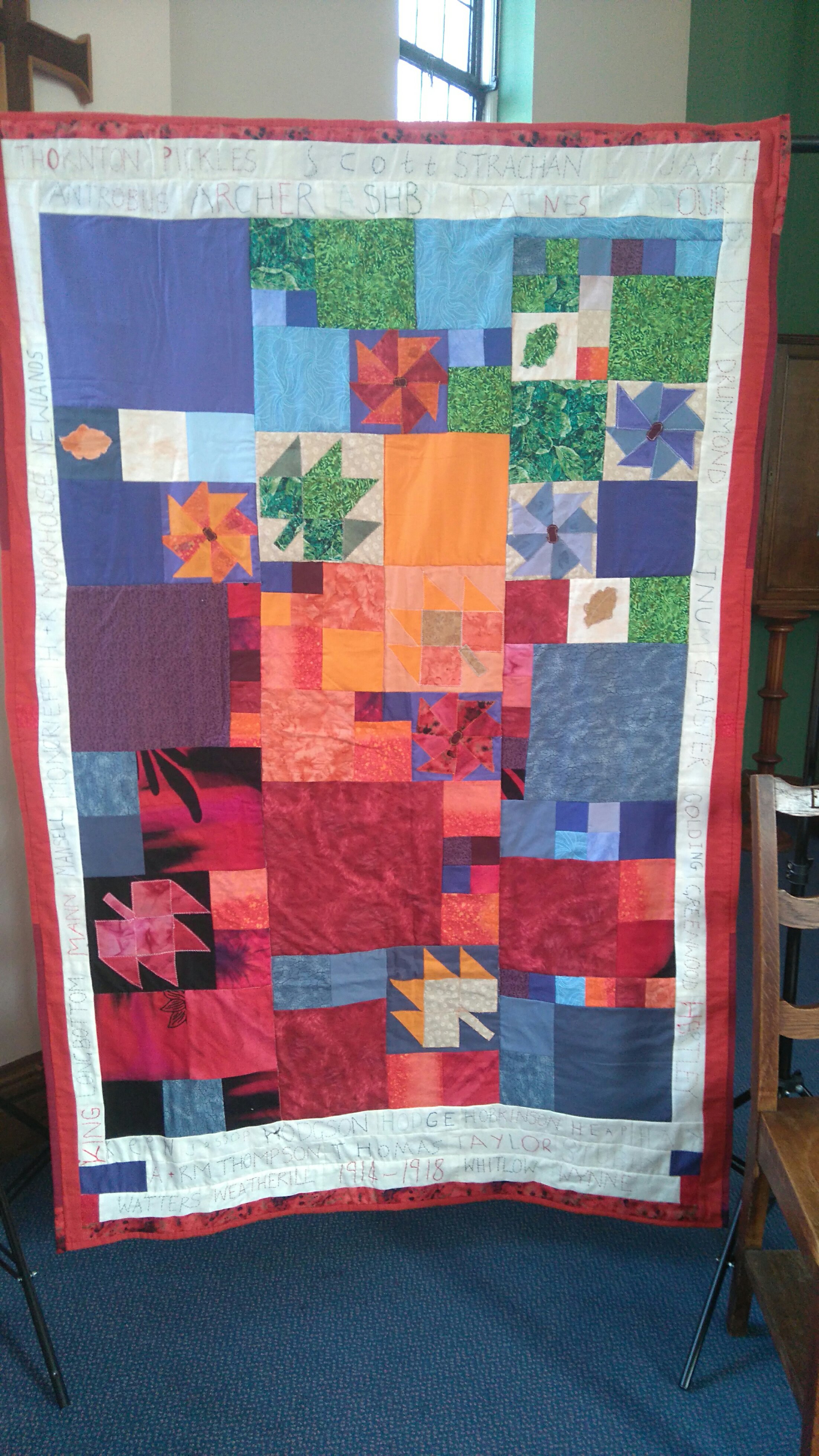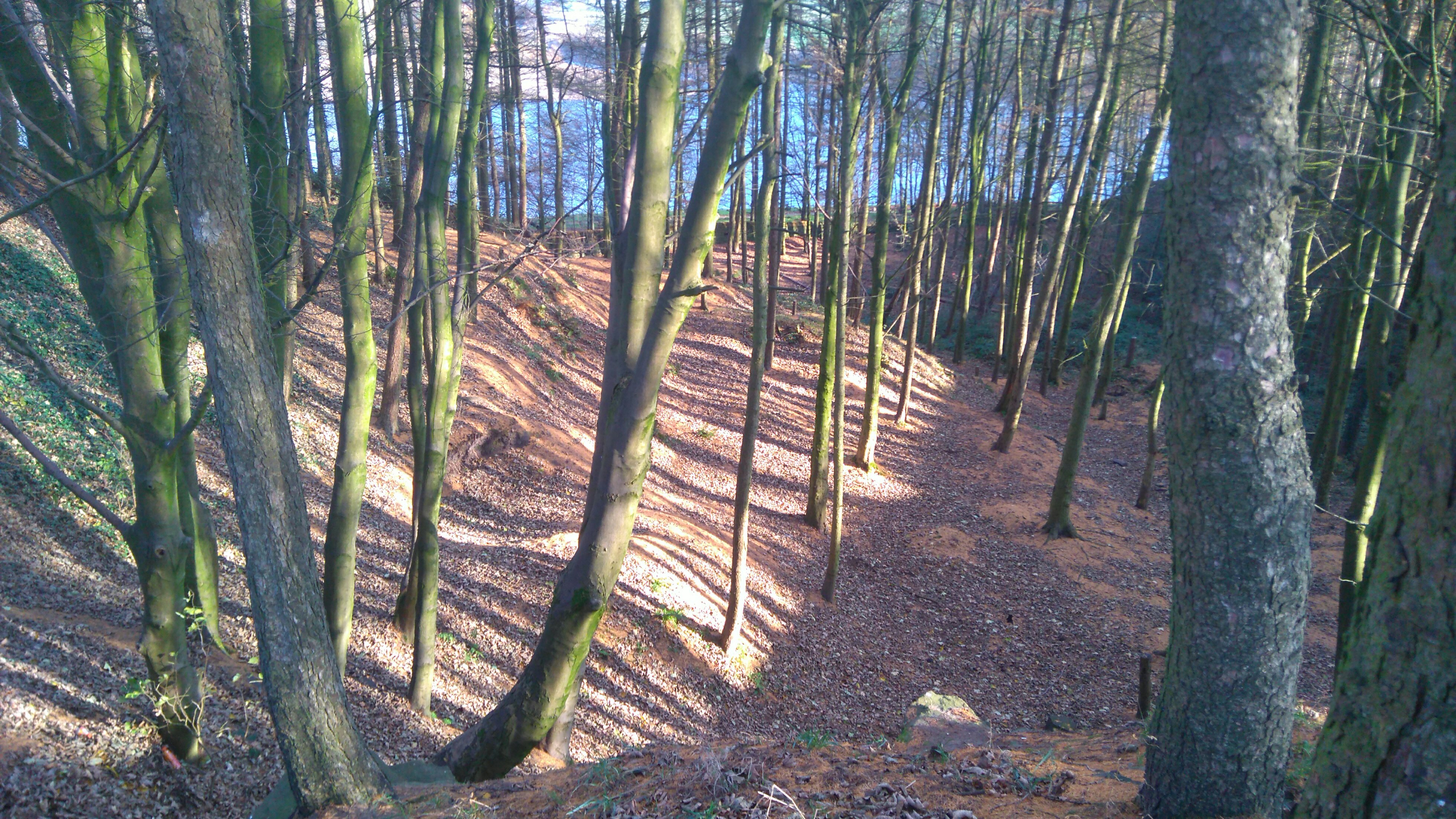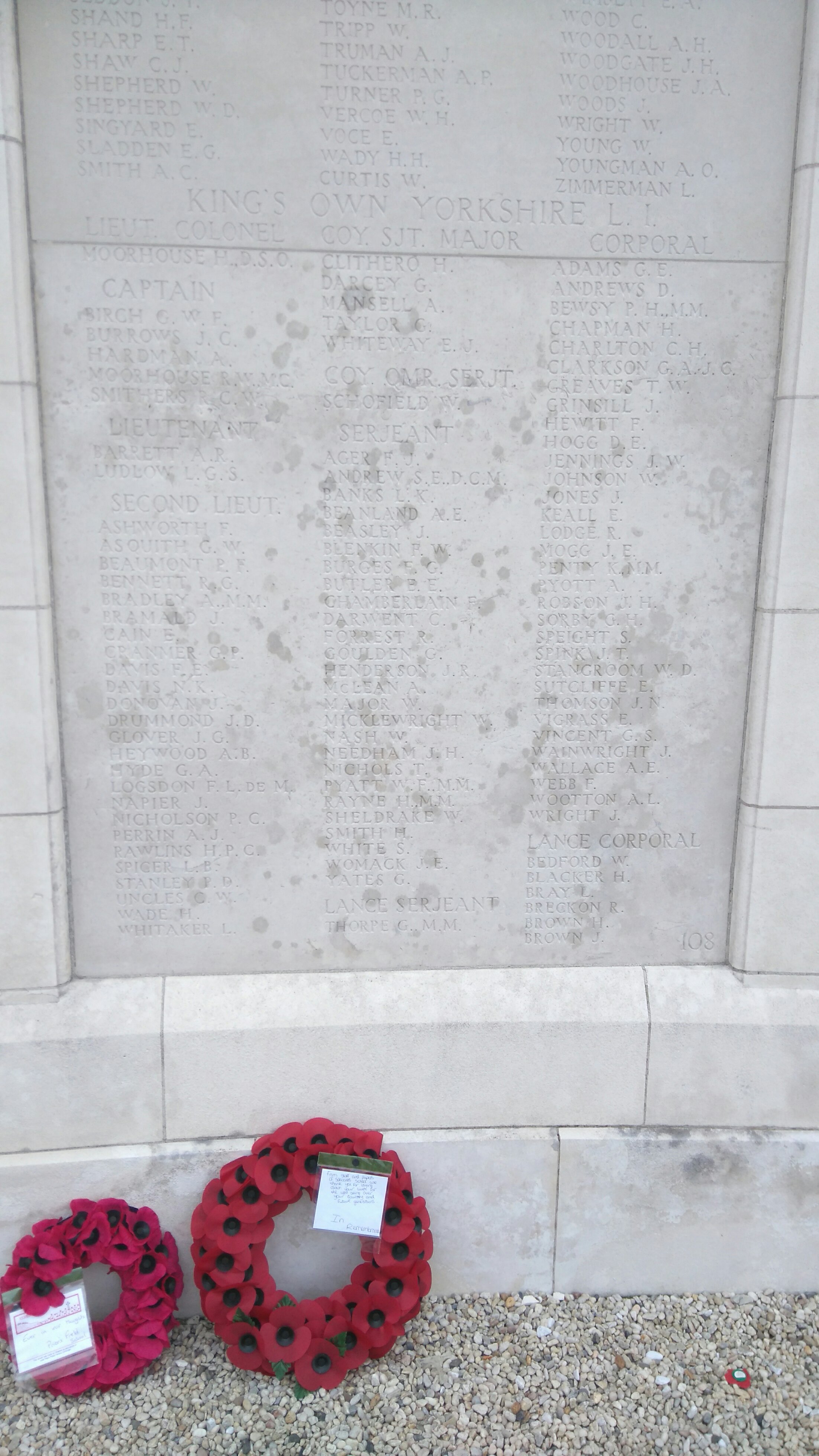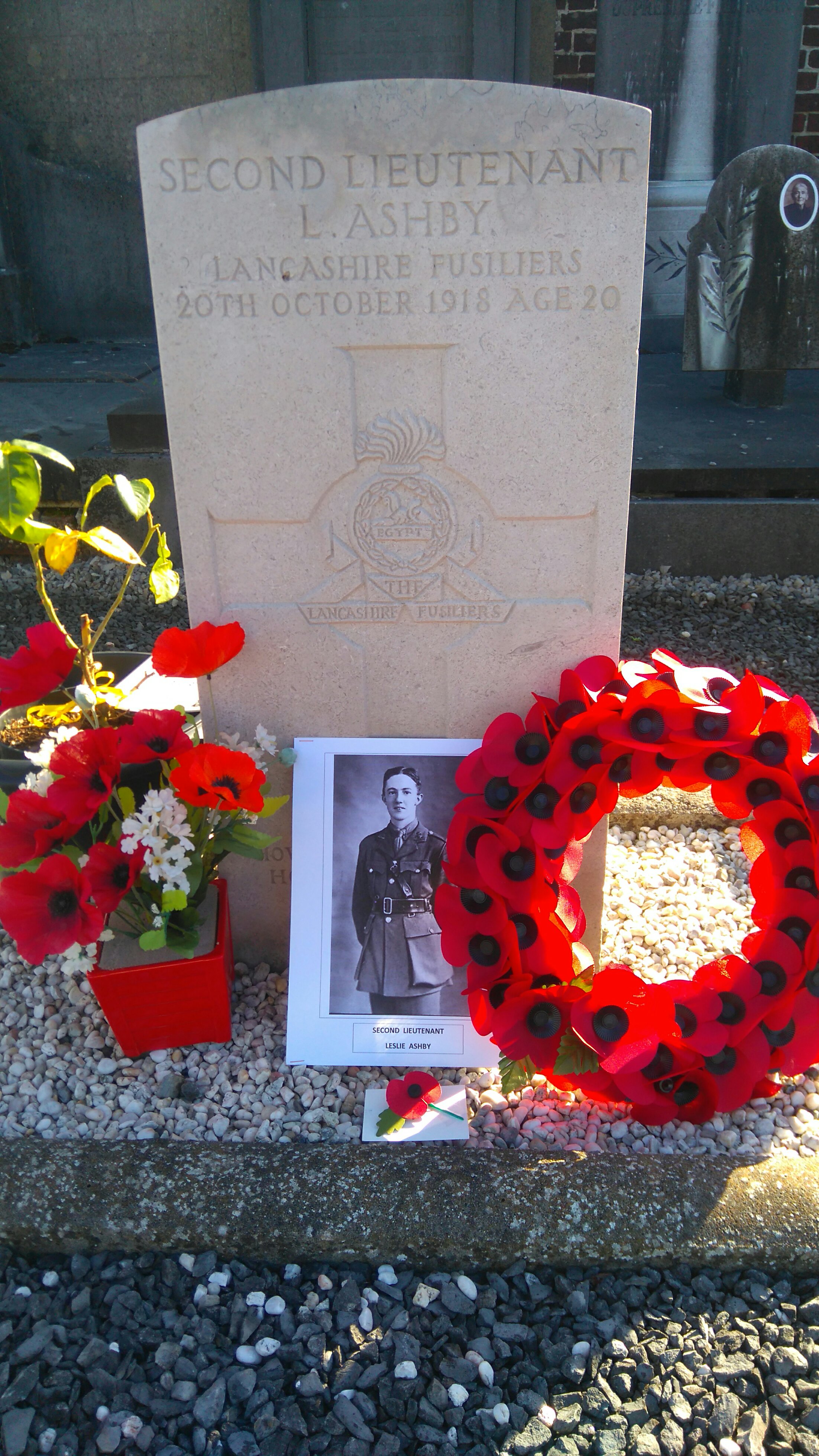On the verge of my last two months as school Chaplain, here’s a catch up of sorts:
It’s hard to say. It’s now 20 years since we came to Yorkshire and by then the so called honeymoon was surely over. Ten years after arriving in Huddersfield I’m writing this reflection to try to explain the tiredness and the mountains of stuff.
I found the visitors book. It stopped in 1997. It’s not that we stopped having visitors then but we stopped remembering to invite them to sign the book. I found the book we kept for the first five months we were in Huddersfield. A sort of second Yorkshire honeymoon. I found some photos mum had taken 1989 to 1990, around the time I went to Mansfield College, Oxford. I found a lot of books and bits of paper. In some ways I refound bits of myself that I’d tucked away in order to get on with things.
It was about being focused. I kept somethings at the top of my list of priorities. Mostly Hannah and the notion of team Lees-Warwicker. That more or less got us through.
In the meantime other stuff got stockpiled. Things I would do, stuff I’d need to do things with, books I’d need as resources. Some I kept for protection like being a speech therapist, which did in fact come in useful. Many are still here as are quite a lot of less useful things.
People kindly gave gifts to help lift me up. A candle can light the way: there are lots of those. Tissue paper can cushion something fragile: there’s a lot of that. A pen can write a story, glue can stick a scrapbook, all this and more can be resources to aid self care and coping.
They worked for quite a long time until I lost the energy even to stick much, post Synod. I just couldn’t and still can’t understand the Synods decision to abandon the chaplaincy at Silcoates. It had a profound affect on my sense of identity. Twitter came along at about this time. I could still use smartphone. I could still post something and if course, as Martin ensured, I was still a post holder.
Sometimes a small window opens and in that moment a few words or pictures congeal and another thought or idea gets its moment in the sun. And there is sun, and rain, and silence all of which make the Grace of God real to me. It is not yet finished.
But around the time of the Synod’s review of the post of Chaplain and their I decision not to continue it, things went quite a lot wrong. I am forever grateful to those who did try to hold on at this time. Thank you all, from the bottom of my heart. Yes it’s still painful. It still astonishes me that someone working on behalf of the church in a demanding situation could be undermined by the church and no one inside know what to do about it. It’s not the worst church story I know but it is a shame. Yes I’ve mostly shut it up somewhere (the upstairs office is one place I’ve not been in for years) and I’ve tried to leave it behind and move on. Still working on that one.
When I’m at Hadfield or out in Bambi then the scene is set for rest and refreshment and new directions. When I’m at school I can manage with worship and space and positive relationships. It is largely a good place to be and God surprises me there most days. When I’m invited by those on the margins to celebrate in new ways then I rejoice. But I am tired.
That’s one of the things that happened here in Yorkshire. The balance between tired and not tired swung more and more often to the tired end of the scale. Tired means rest is needed. Rest is good and there are good places to rest and good resting times. But there are also more things to do, to sort out, to throw away.
As I rest, my mind wanders. One day I think about grief which is a very hard thing to describe or explain. Another day I think about memory. I try to walk as that helps. I go from one place to another and that is a progress of sorts.
A frequent piece of advice is that we look after ourselves. In the language of mental wellbeing this is self care. But what is it? When are we doing it?
In 2000 I began to be more serious about it and the creative part of my life started to grow. As a visual artist I have no real training. It’s all experimental. Some of those experiments turned out well.
As a result quite a lot of the stuff is raw materials for creative projects that have not happened yet. Hadfield became the place to do these creative things which is why a lot of it is piled up there. There are probably sufficient resources there for creative projects for sometime yet.
So here I am in Hadfield on the verge of the last half term of my ministry as school Chaplain. I hope this has helped you to catch up and that over the next six weeks there will be some reflections here by way of celebration and moving on.
In our life and our believing
The love of God
JAL

